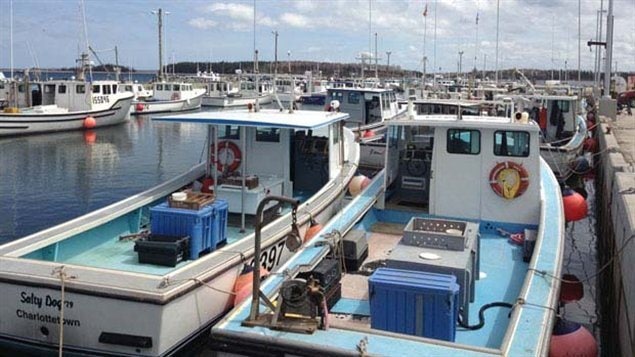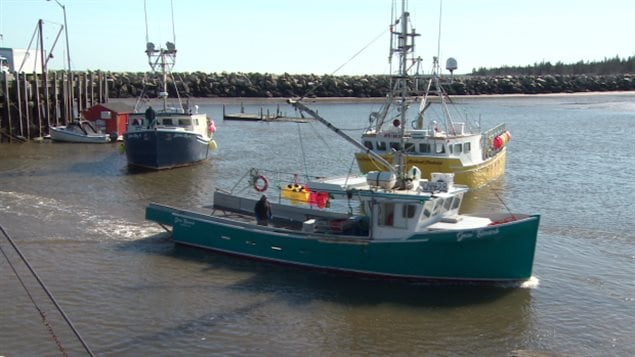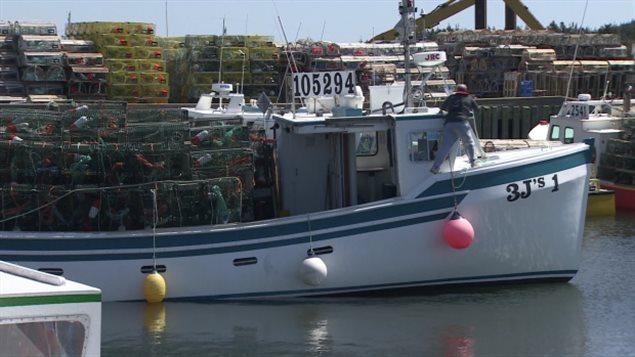It’s a lifestyle, it’s a local culture, and many would argue that is indeed an art.
Louis Duguay, now aged 70, has been building east coast commercial fishing boats for over 40 years along the north coast of New Brunswick in eastern Canada.
Listen
The area is along the Northumberland Straight which separates New Brunswick from Prince Edward Island in the Gulf of St Lawrence.
These “inshore” fishing boats, usually for lobster, are a unique style, and Mr Duguay builds the variation known as “Northumberland” boats. To the outsider, the variations can be subtle as the styles are similar throughout the maritimes, from PEI to New Brunswick to Nova Scotia and Newfoundland. But the locals can spot the differences.
Lately because lobster have been plentiful, the fisherman have enough money to order new boats, or repair or upgrade current boats. Boatyards throughout the maritimes are busier than they’ve ever been. Another issue adding to the backorder for boats is that many boatbuilders say they can’t get enough skilled labourers. This is something Louis knows about. He says the young people he’s tried just don’t seem to have the stamina for the work, and are more interested in working with computers than their hands.

As for him, he loves it. He says at the end of the day he can stand back and look at what he’s created with his hands and skill.
Many boats are now fibreglass and made from moulds, but Louis is a traditionalist, and not a fan of fibreglass. He hand builds wooden boats in the traditional style and now coats them in epoxy.

They’re “inshore” boats as they don’t venture out too far into the ocean, anywhere from 2km to as much as about 80km offshore depending on the region, but on average about 10-15 km. The inshore boats have alays been roughly 32 to 45 feet in length, now mostly 45 feet (13.7m) but never over. They can also vary in width or beam often 12 to 16 feet.
They never exceed 45 feet as that would put them under federal steamship rules and regular inspections and no end of bureaucratic red tape.
Louis however says at age 70 he has no idea how long he can keep building. As mentioned before, he can’t find young people to continue the tradition. He says it looks like he may be among the last group of builders to maintain this generations old tradition.







For reasons beyond our control, and for an undetermined period of time, our comment section is now closed. However, our social networks remain open to your contributions.